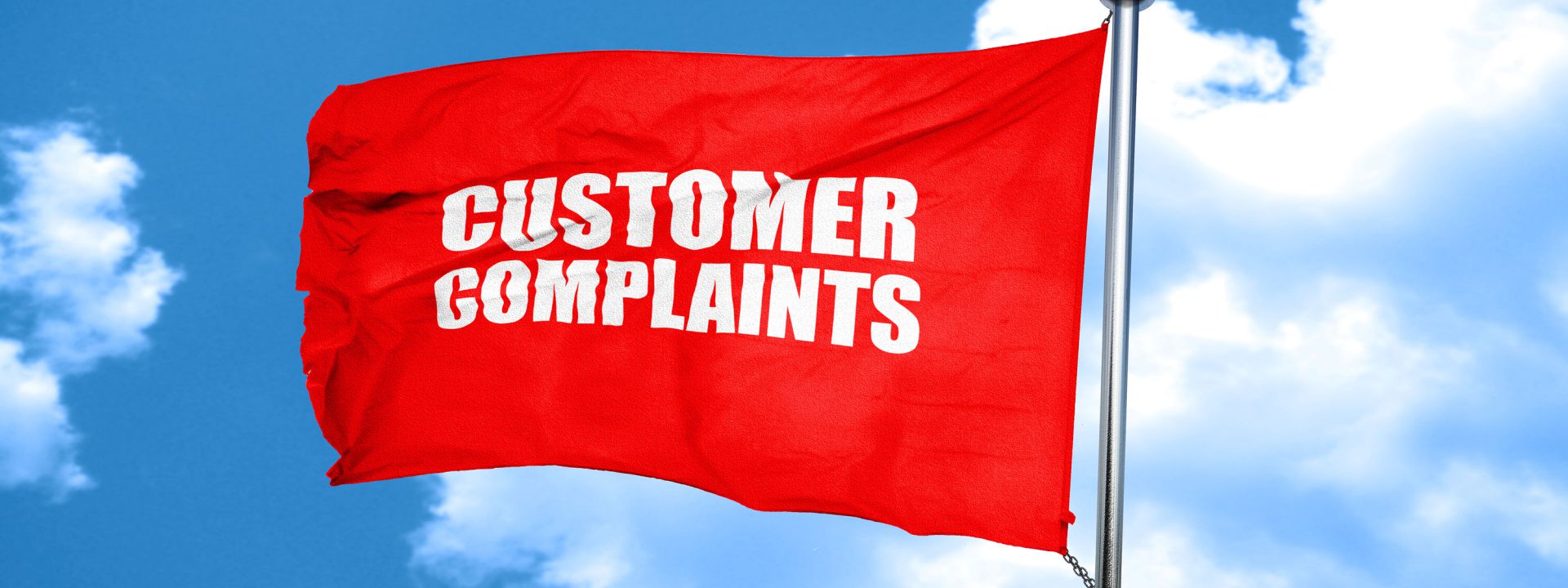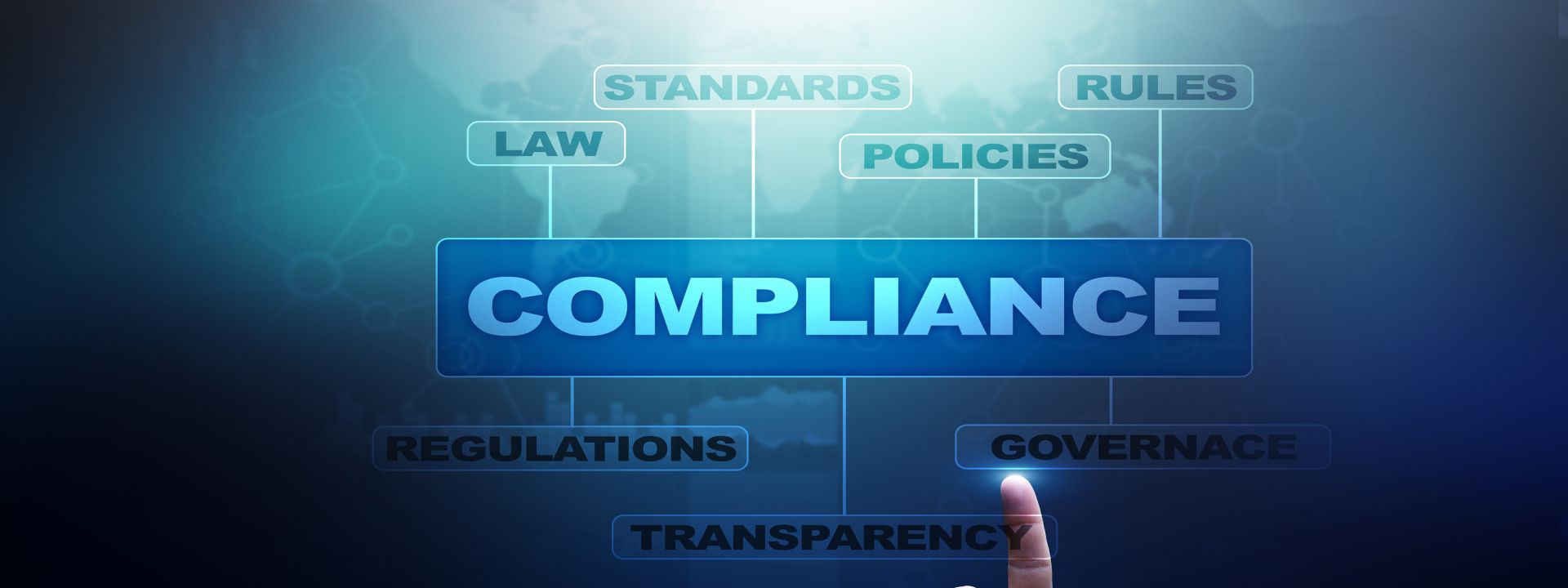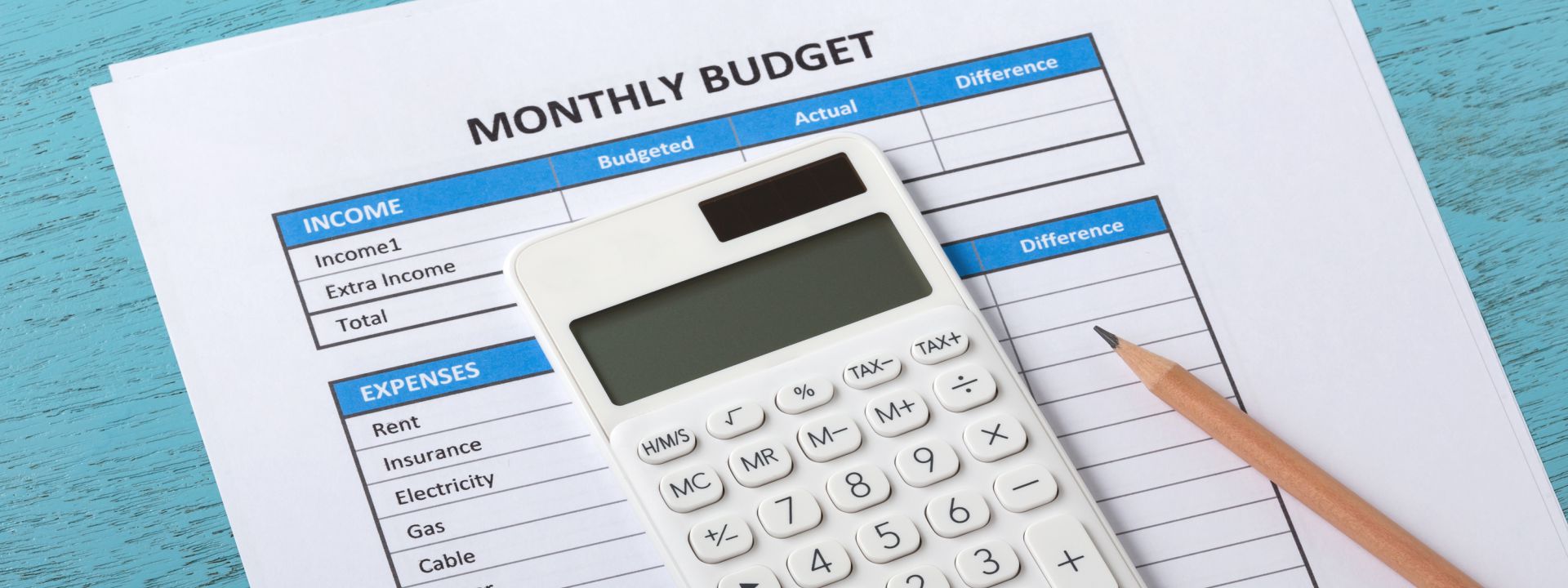Health Disease
Your body is the most priceless possession. After all, you have to dwell in it! So take care of it with a right Health Insurance Plan.
What is Salmonella?
Salmonella infection is also known as salmonellosis. It is one of the common bacterial diseases affecting the intestinal tract. These salmonella bacteria’s typically dwell in animal and human intestines and therefore get shed via feces. Human beings tend to get infected mostly via contaminated food or water.
Usually, people who have salmonella infection do not show up any symptoms. Some of the people having salmonella develop fever, diarrhea and abdominal cramps within 8 to 72 hours. Typically, people who suffer from salmonella tend to recover without any medical treatment in a few days.
In some of the cases, the diarrhea that is linked with salmonella infection can be very dehydrating. This when immediate medical help would be required. There are chances of developing life-threatening complications in case the infection starts spreading beyond your intestines. You are at a higher risk of acquiring salmonella infection in case you are travel to certain countries that are poor in sanitation.
Causes of Salmonella?
Salmonella bacteria are found in animals, birds as well as intestines of people. Usually, many people get salmonella infection by eating foods which have been contaminated by feces. Mentioned below are some of the very common infected foods:
- Raw meat, seafood and poultry. Feces may enter the raw meat and poultry at the time of butchering process. Seafood also may get contaminated in case it is harvested from contaminated water.
- Raw eggs. While the shell of the egg may seem to be a seamless barrier to contamination, certain infected chickens may yet produce eggs that contain salmonella even prior to the shell formation. Raw eggs are generally used in homemade versions for making mayonnaise.
- Fruits and vegetables. Some imported varieties of fresh produce may be hydrated in the field and then washed during processing with salmonella contaminated water. This contamination may also take place in the kitchen, when juices poultry as well as raw meat come into contact with foods that remain uncooked foods, say for instance salads.
Many people forget to wash their hands thoroughly post using restrooms or post changing a diaper. This is how food may get contaminated and infection can also occur. In case of infected pets and reptiles, a touch may also be enough for spreading the infection that comes on your fingers and ultimately enters your stomach.
Salmonella prevention is in your own hands. Taking basic measures such as avoiding barely cooked eggs, cooking meat at its own minimum temperature, washing fruits and vegetables, washing hands with soap post getting in contact with animals or toys or in case they bleed, avoiding eating undercooked meat, etc.
Types of Salmonella
There are more than 2,300 subtypes of the Salmonella enterica bacterium that includes serovars enterititis, typhimurium and Salmonella Agbeni,
Treatment
What should you do in case your Salmonella infection worsens?
In case your Salmonella infection worsens, take the below steps:
- wash all clothes, bedding, as well as towels that are dirty in the washing machine at the highest temperature setting possible
- Clean the toilet thoroughly, toilet bowls, toilet seats as well as all handles in the bathroom, taps, basins along with a detergent and hot water. You should also use a household disinfectant In case you get high fever, it is important that you visit a doctor. People who are old and those who are infants, as well as the ones with a compromised immune system, have a higher risk of a severe salmonella infection. Therefore, it is important to seek a medical attention at the soonest possible, in case you see the symptoms of salmonella worsening.
What are the available Salmonella infection treatment options?
Symptoms of Salmonella-induced gastroenteritis typically disappear without treatment until a week. Mentioned below is the course of salmonella treatment that your doctor may suggest depending on the severity of your health condition:
Fluid: You will be suggested to consumer plenty of fluids in order for dehydration prevention.
Antibiotics: This salmonella treatment may not help in case of uncomplicated gastroenteritis. In case your salmonella symptoms are too severe or there is a possibility of the bacteria entering the bloodstream, your doctor may prescribe you antibiotics for salmonella treatment.
Antimotility drugs: This is a type of salmonella treatment that can help in stopping diarrhea. They do reduce cramping, however there are possibilities of the diarrhea lasting for a longer duration.
Are there any natural or homemade remedies for Salmonella infection?
Most of the cases of salmonella infection, you may not even need medical attention. However, it is important that you take care not to get dehydrated. This is a very common concern with regards to diarrhea and vomiting. It is important that adults drink plenty of water or suck on ice chips. In case your child gets infected with salmonella infection, you may use an oral rehydration solution, such as Pedialyte. In case of some severe conditions, your doctor may prescribe another course of action for speedy recovery.
When to see a doctor?
Usually salmonella infection goes away on its own in a week or so. However, if you yet show-up symptoms of salmonella infection, it is important that visit a doctor at the soonest possible.
In case you get dehydration, bloody stools as well as ongoing high fever, it is important that you visit a doctor at the soonest possible.
It is important to take measures for salmonella prevention.








 support@greyfont.com
support@greyfont.com Call Us on (022) 4891 3051
Call Us on (022) 4891 3051